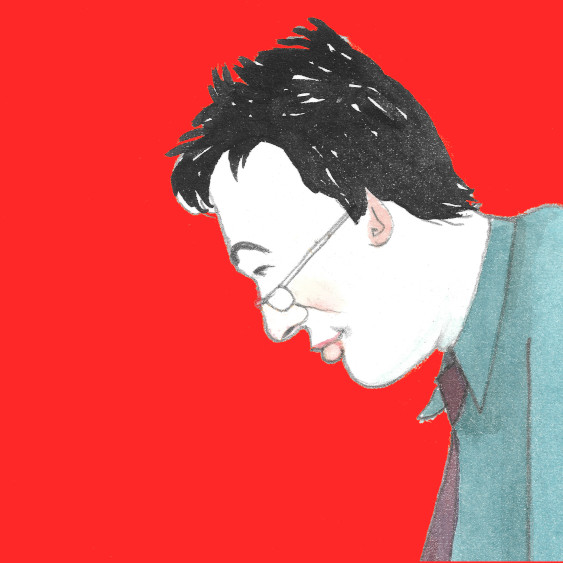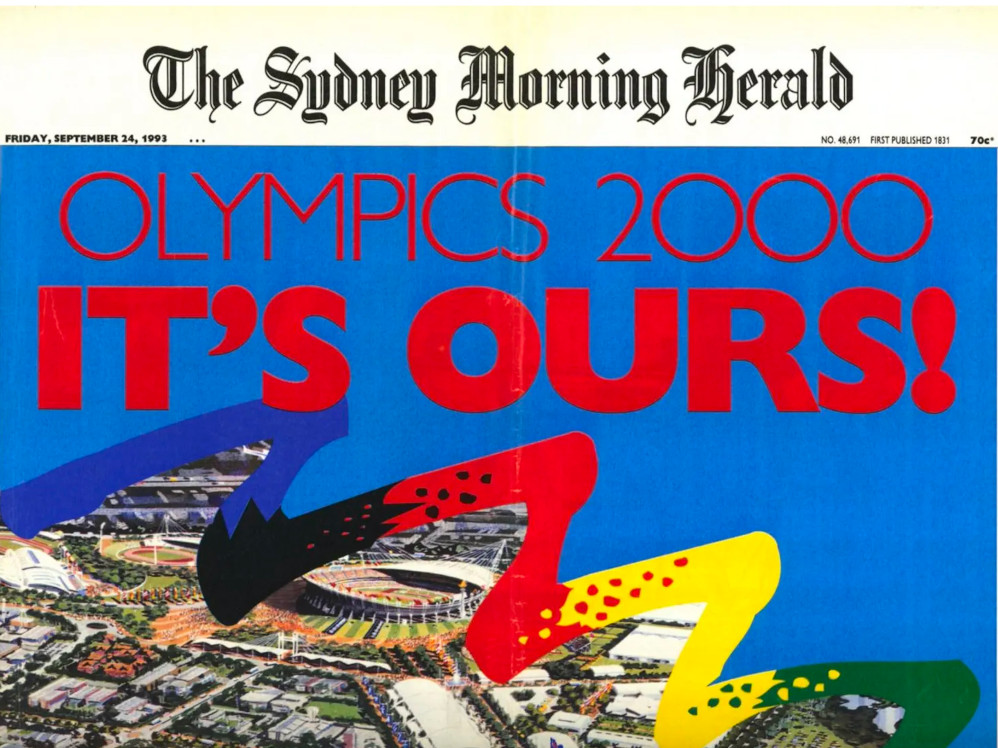I was an accidental manager. I started out as a journalist but quickly became involved in bringing design to the Sydney Morning Herald under the eye of that paper’s best Editor, Eric Beecher, now chair of the company that runs Crikey. So after a year of journalism and a year of Art Directing the Herald, I was quickly put in charge of the entire team of illustrators, cartoonists and graphics people who worked in a forgotten corner of the gargantuan Fairfax fortress on Sydney’s Broadway.
Back then newspapers competed for the ugliest building in town, with hot metal presses rumbling away in the basement. The art room was set up like an old-fashioned classroom. From what I could tell, no editor – the gods of the organisation ever ventured up there. I figured that I had eighteen months to turn it around.
These thoughts came flooding back during the past few weeks which have been a season of re-connection with people who played important roles in what became nearly three decades of looking after the people of the visual side of Fairfax, now part of Nine.
A redundancy program – and did we go through a number of them, on both sides of the process – led to people reaching out to what is a difficult time for both the leavers and the stayers. And a farewell for John Shakespeare who has been a mainstay of the Herald, during the decade and and a half since I left.
It won’t be the same paper without him.
(He became famous for great farewell cards. I still use mine as a logo. and here it is )

But for the artists gathered to say farewell – it was a night that caused me to reflect on my time managing the artists.
I was truly an accidental manager, which is to say it was a powerful learning curve. Within a few weeks, I was told I had to run a redundancy programme for a third of the staff. It was a tough time. Which gave me a reputation for ruthlessness – but helped people to leave with massive payouts. A n umber of houses were bought. But I was told to hire. Over time, with John Moses who I hijacked from the marketing department we planted a new crop. For example, a postman knocked – his name was Bill Leak. Kerrie Leishmann, who has had a retrospective at the state Library was discovered in a cake shop where she had been sculpting cakes. Rocco Fazzari, who has become the premier painter of Jacaranda purple, was another one. And a school of designers and a herd of visual graphic artists.
In my season of reconnections. I discovered that people were grateful for something I thought might have been largely thankless: pouring my life into advancing others. Because people have been saying thank you. It’s been good for this retired bloke to hear.
John Shakespeare is an extreme example on both counts – he was rescued from the wreck of the old Sun newspaper when it closed in 1988. But I hid him. I needed him to extend his talent, which I could see poking out beyond the simple cartoons he did for the sun – and to give him a fabulous start on the Herald.
A couple of people on that farewell night told me that they had kept some of Shakespears’s practice drawing from the months we hid him. For that time, having the art room as a secret place worked in our favour.
And now, time has come full circle.
Which makes me thiunk that at least in part my aim to be a Christian manager, worked. That’s not to be a Christian manager as in evangelising the staff, or hiring Christians, but to put other’s needs ahead of mine. or to love my colleagues as myself.
Practically that meant not simply acting in a way that would make only me look good in the eyes of senior mamgement. but to advance the careers of others.
We had a rule – staff could get credit for an act of individual brilliance, but if something went wrong, the team would own up.
It was the most diverse group in a rather large building.
During a world cup, one irascible journalist asked “You wouldn’t have a Uruguayan would you, Sandeman?” To which, Luis, who was on the other side of a partition simply went “Yo!”
And, the more progressive readers of The Other Cheek might have trouble beliving this – I hired so many gays that a rumour spread that I was gay. But that was not the point. we hired on talent – and sought to move everyone forward. Because that’s what a Christian should do.


Working in human services brought together an eclectic group of highly intelligent professionals. I realised as a manager that being pastoral was a necessary part of the job as I dealt with people who came with their own needs.
Fascinating – linked on the ARPA website for good reflection among Christian journalists.